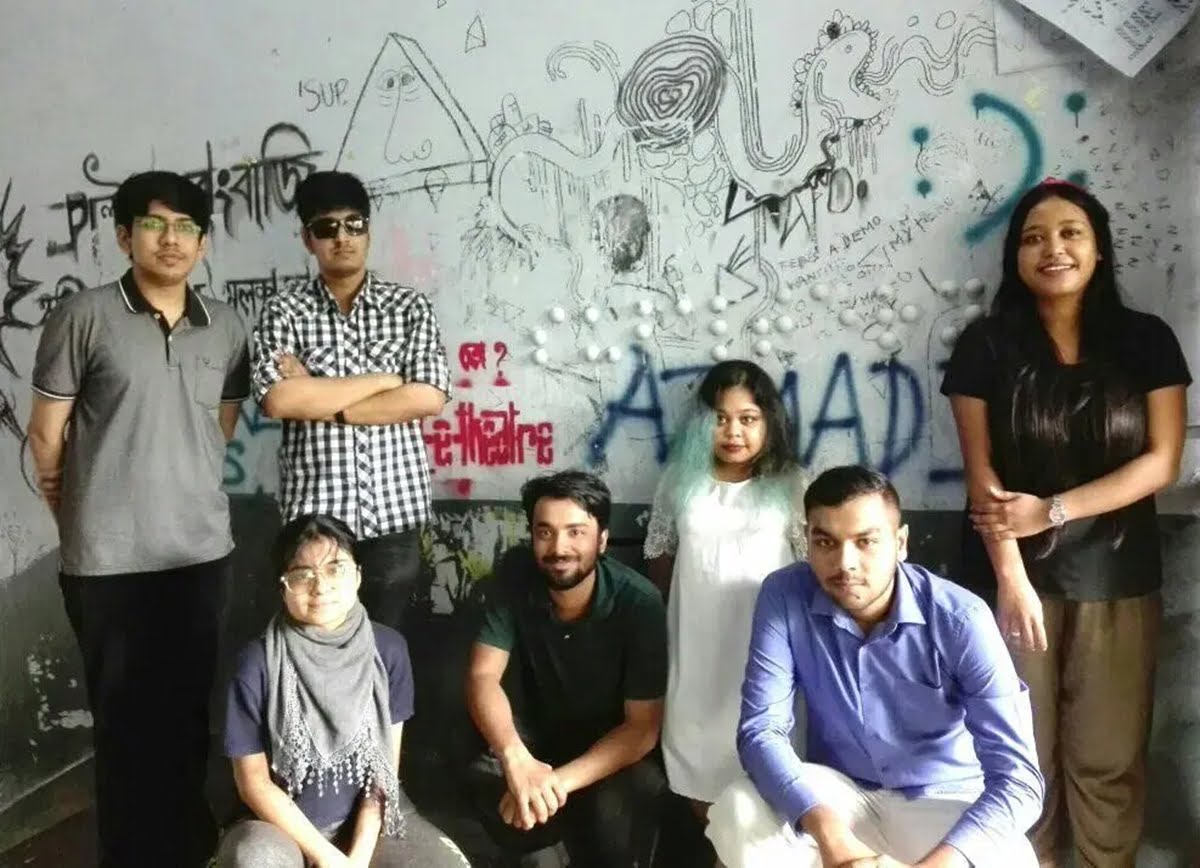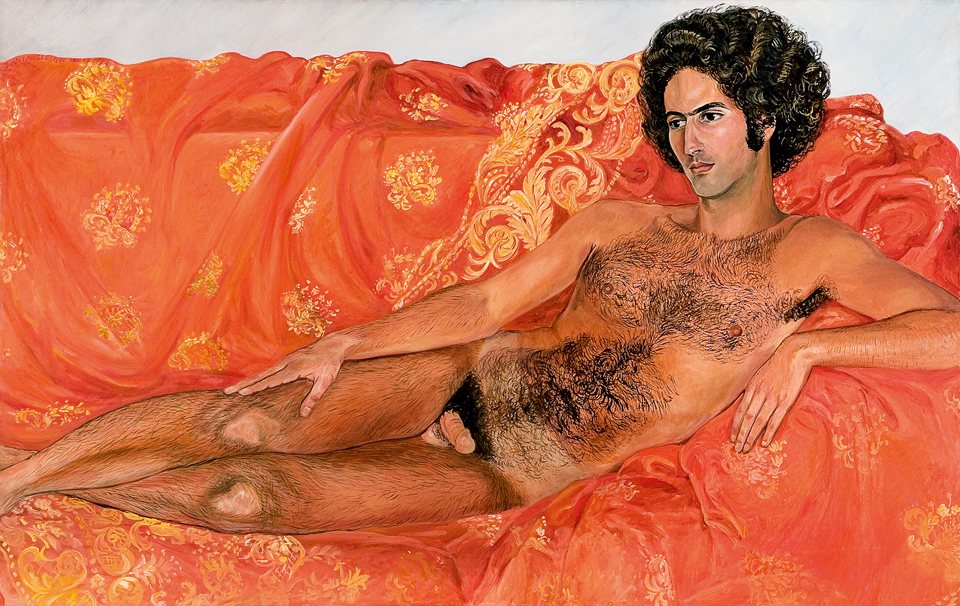The intrinsic essence of subjectivity in liberal arts disciplines wherein a text and its contents are known for their ambiguity has time and again been a challenge for those who seek to control and curb dissent in a state. The fact that liberal arts students in higher education read equivocal texts, that are open to multiple interpretations, make them the critical thinkers and artists of tomorrow, has evidently been a matter of concern for the state, and the increasing curbs on the students of Jawaharlal Nehru University in the past, is an example of the same.
Bengal might not see another generation of Rabindranath Tagore, Lila Majumdar, Satyajit Ray, Supriya Devi and Amartya Sen from across intersectionalalities without investing in a liberal arts education that gives space to peaceful dissent, discussion and debate that is integral to the formation of ‘The Argumentative Indian’ who has ensured the life and longevity of Indian democracy. The controversy that has surrounded Jawaharlal Nehru University in the past few years has implied a systematic disintegration of the prestige of a premier liberal arts university. And now, Ashoka University, a promising liberal arts university has recently come under the list of liberal universities that have been affected by the attempt of illiberal forces to curb dissent.
Also read: Are Women’s Colleges In India Still Relevant?
Bengal might not see another generation of Rabindranath Tagore, Lila Majumdar, Satyajit Ray, Supriya Devi and Amartya Sen from across intersectionalalities without investing in a liberal arts education that gives space to peaceful dissent.
It is not clear whether the next ruling party of West Bengal, will invest sufficiently in building quality liberal arts universities. Without this investment, the promise of reviving arts, culture and literature of Bengal with the setting up of awards such as Tagore Prize and Satyajit Ray International Awards (as proposed in the electoral manifesto of BJP) is hollow.
Further, IITs and IIMs have often been cited as models of institutional excellence in higher education and worth imitating in other states such as Bengal. The promise to build more AIIMS, more IITs, and more IIMs is common. However, building excellent liberal arts universities does not seem to be a priority in the electoral agenda of Bengal and the desecration of already existing liberal arts universities in other parts of India points to the dismal reality of electoral politics that wants to do away with minority appeasement when convenient, and selectively adopt intellectual appeasement through superficial steps such as setting up of awards at other times. If the competing parties in West Bengal Elections 2021 are serious about the development of Bengal, where human freedom is an inextricable component of development, they need to make the building and maintenance of quality liberal arts universities a prime prerequisite in order to rebuild ‘Sonar Bangla’.
The TMC has promised to increase the education budget from 2.7% to 4% of the GDP of West Bengal. Further, it has stated the building of at least one model residential school in each block and the commendable Kanyashree scheme as some of its goals in the education sector. However, in the past ten years, TMC has paid no exclusive attention to the development of liberal arts education. It has, indeed, built four all-girls government colleges in the past ten years to promote women’s education, but that is a meagre achievement in a sector that needs exclusive and emphatic focus for West Bengal to revive the golden era which produced Nobel Laureates in the field of social sciences, arts and humanities.
The Left Front has focused rightly on democracy, secularism and human rights, but again, these ideals cannot be achieved without investment in quality liberal arts education. The Left Front has stressed on “a separate ministry for migrant workers and a policy for consensual land acquisition”. Consensual land acquisition and a separate ministry for migrant workers are in keeping with the party’s ideological inclination to support the voice of the informal sector working class. However, without a focus on liberal arts education that allows room for peaceful dissent and debate, the Left Front will renege on its very ideological principle of ‘liberalism’ which ensures democracy, secularism and human rights.
Without a focus on liberal arts education that allows room for peaceful dissent and debate, the Left Front will renege on its very ideological principle of ‘liberalism’ which ensures democracy, secularism and human rights.
Liberal arts universities produce social scientists, educators and journalists- all of which are integral to the social progress of any state. Without liberal arts universities of excellence that ensures opportunities to students from across caste, class, gender and religious identities, Bengal cannot revive its reputation and cultural essence of being one of the most socially progressive and culturally rich states in India and abroad. Without competent social scientists, constructive and progressive social development policies cannot be formulated- policies which are essential in terms of framing the agendas and their implementation by the state government. A state without social science/humanities higher education institutions which meets international standards of excellence has a profoundly negative implication for students who want to pursue social science and humanities further due to lack of competent and excellent educators.
Also read: Merit In The Time Of Nationalism: Why University Protests Matter
Bengal’s cultural capital needs to be not only preserved and secured, but also enhanced, rejuvenated and translated into a progressive social capital. The cultural richness and social progressiveness need to combine together to be the model of a vibrant democratic state. Bengal, the land of liberalism, must remain the land of liberalism, in order to foster the hope of building the next cohort of a distinguished, more self-aware and intersectional alumni with ‘Bengali Liberalism’ as their alma mater.
Featured image source: LiveWire (India’s first Braille graffiti art at Jadavpur University)




